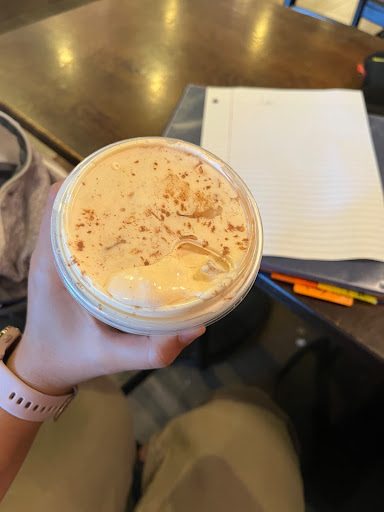Johnson & Johnson Vaccine

May 12, 2021
States have been told to stop giving out the Johnson & Johnson vaccine after six patients with the vaccine reported blood clots. The reported risk of getting a blood clot from the J&J vaccine is 1 in a million, but the six cases are all rare versions of blood clots.
Similar issues of blood clots have occurred with the AstraZeneca vaccine as well, so scientists believe the issue may not necessarily be the vaccines but how the vaccines transmit the genes to the patient. Both vaccines transmit the genes using an adenovirus, which is a harmless virus that the body can learn to overcome in order to become immune to Covid-19.
Neither Moderna nor Phizer use this method for the vaccine, so even if Johnson & Johnson is not cleared in the future, then there are still vaccines available.
Some think that the reward of the vaccine outweighs the risk of the blood clots because Covid-19 increases the chance for blood clots and is less treatable than clots. Professionals say that those that have already gotten the vaccine should not worry but pay attention to any possible warning signs and contact their doctor if so.
Image courtesy of Teegan Oshins.
Facts courtesy of forbes.com.











